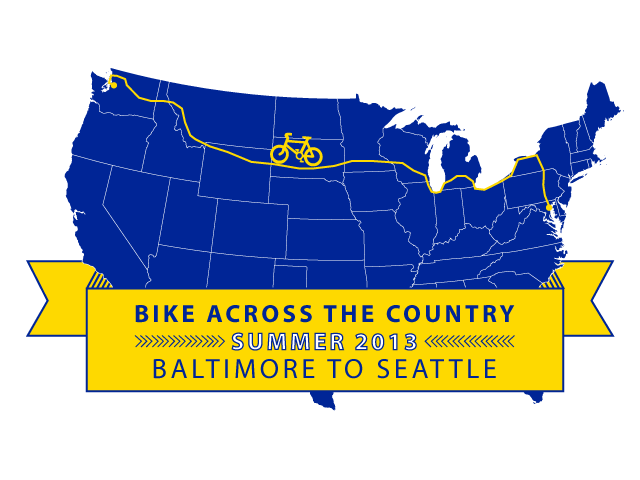Dr. Joseph Barber
One of the reasons that interviewing can be so challenging is that there is a lot of background research you need to do before you even get to the stressful interviewing part itself. This background research involves learning about the organization, the job description, the other people working there, the industry as a whole, and the trends relevant to the role you are interested in. This is all of the objective research – it’s all about facts, figures, findings. Your research background is great for this type of work. However, there is another type of preparation that looks and feels a little different. This preparation involves you actually imagining yourself in the new role – something you may never have had experience doing before. If you are going to be able to answer questions about how you might be the best candidate for the position, then you have to try to role play what you might do if you had it.
Talking about what you have done, and the skills and experiences you have used in the past will always be important, as will the specific examples you hand-pick to illustrate how your skills lead to outcomes. But, you are being hired for what you will be doing in your new role as well. So, try it. Try seeing yourself in the role that you want, working with the type of people at your organization of choice, and facing the work challenges and issues you know you will soon encounter. Think about the new projects you might start, the current projects you’ll need to finish, and the personnel who can support you in your new role and who will be involved in the transition as you start.
How will you deal these issues? How have others in this type of role dealt with them before? This is where some informational interviews with people in similar roles can be so helpful. Their personal perspectives and insights will help you imagine yourself overcoming all the possible challenges.
When it comes to the interview, your answers to questions about your future role at the organization will be much more informative if you have does some of this imaginative role-playing – perhaps as a sort of method acting, if you like.
There is one point worth mentioning about this approach, though. When you have gone through this preparation process, when you have successfully made it through the interview itself without passing out, and when you hear back that another candidate has been chosen, you certainly feel a momentary sense of loss. That person you imagined yourself being almost felt real – they were almost solid, someone you could almost talk to about your future career. Of course, they were just in your head, and they were there just to help you answer interview questions. The good news is that the more you can imagine yourself doing new jobs, the more you become to understand what is actually needed to be that person. You can really begin to identify the most important skills you can still be working on to talk about in future interviews. Your imagined self might be gone for the moment, but they will be back…, and they will be even better when they do return.


